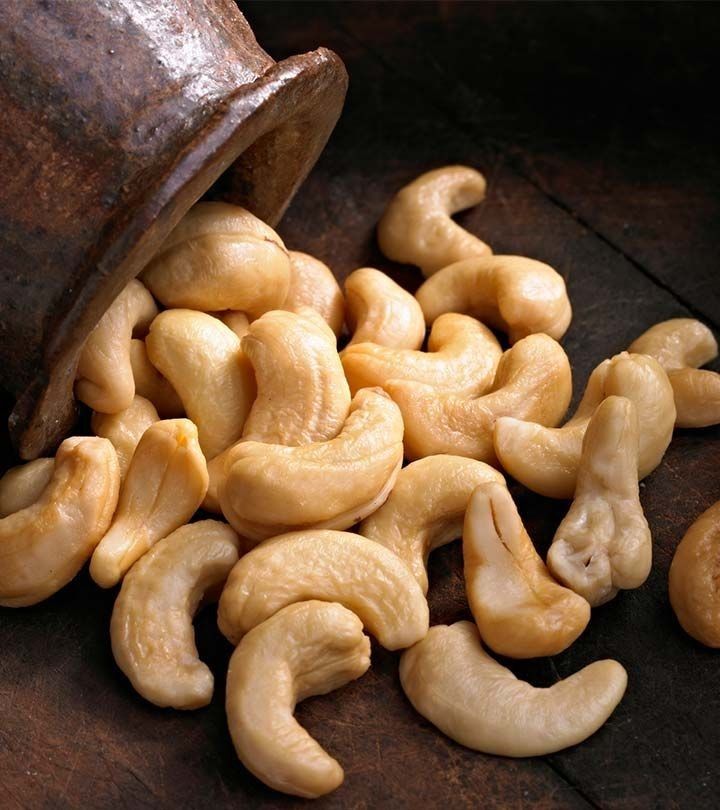Categories
The latest content
-

Customs Clearance & Import Regulations for Bulk Iranian Pinto Beans in EU, Middle East & Africa
..
-

Quality Control & Laboratory Testing Standards for Iranian Pinto Beans
..
-

Logistics & Shipping Solutions for Bulk Iranian Pinto Bean Exports
..
-

Minimum Order Quantity (MOQ) & Bulk Pricing for Iranian Pinto Bean Buyers
..

Tags
Required Certifications for Exporting & Importing Cashew Kernels (ISO, HACCP, Organic, Halal)

Cashew kernels are a high-value commodity in the international food market. For buyers, distributors, and importers, ensuring that your cashew supply meets global quality and safety standards is critical. Certifications not only validate product quality but also facilitate smooth cross-border trade and access to premium markets. At Tamila Agrifood, we guide clients through the most essential certifications for exporting and importing cashew kernels.
1. ISO Certifications
ISO standards are globally recognized and demonstrate that the supplier adheres to strict quality management practices. Relevant ISO certifications for cashew kernels include:
• ISO 9001: Ensures the supplier’s quality management system is robust, consistent, and continuously improving.
• ISO 22000: Focuses on food safety management, covering production, storage, and distribution processes.
Suppliers with ISO certification inspire confidence among buyers and reduce the risk of quality disputes.
2. HACCP Certification
HACCP (Hazard Analysis and Critical Control Points) is essential for food safety compliance:
• Identifies potential hazards in cashew processing, such as microbial contamination, aflatoxins, and foreign material.
• Implements preventive measures rather than relying solely on end-product testing.
• Mandatory for exporting to many countries in Europe, North America, and Asia.
HACCP-certified cashew kernels demonstrate safety and reliability, making them more attractive to international buyers.
3. Organic Certification
Organic cashew kernels are increasingly in demand, especially in premium health-conscious markets:
• Certified by bodies such as USDA Organic, EU Organic, or JAS (Japan).
• Produced without synthetic fertilizers, pesticides, or genetically modified seeds.
• Supports eco-friendly and sustainable agricultural practices.
Buyers seeking Organic cashew kernels can rely on certified suppliers to meet market-specific organic standards.
4. Halal Certification
For cashew kernels targeting Muslim-majority markets, Halal certification is essential:
• Confirms that processing, storage, and handling comply with Islamic dietary laws.
• Avoids contamination with non-Halal ingredients or cross-contact with non-Halal foods.
• Accepted globally in Middle East, Southeast Asia, and parts of Africa.
A Halal-certified supply chain ensures broader market acceptance and regulatory compliance.
5. Why Certifications Matter?
Certifications for cashew kernels are not just paperwork—they provide:
• Access to international markets.
• Trust and confidence among buyers, distributors, and retailers.
• Reduced risk of product rejection or shipment delays.
• Ability to secure premium pricing for high-quality kernels.
At Tamila Agrifood, we only source cashew kernels from suppliers who meet international certification standards, ensuring our clients receive consistent, safe, and high-quality products.
Conclusion
Whether you are importing, distributing, or reselling cashew kernels, obtaining certified products is critical to compete in the global market. ISO, HACCP, Organic, and Halal certifications provide assurance of quality, safety, and compliance, while opening doors to lucrative markets.
Contact Tamila Agrifood today to explore certified cashew kernel supply and secure trusted, globally compliant products for your business.
Email: tamilaagrifood@gmail.com
Phone / WhatsApp: +989141858935



